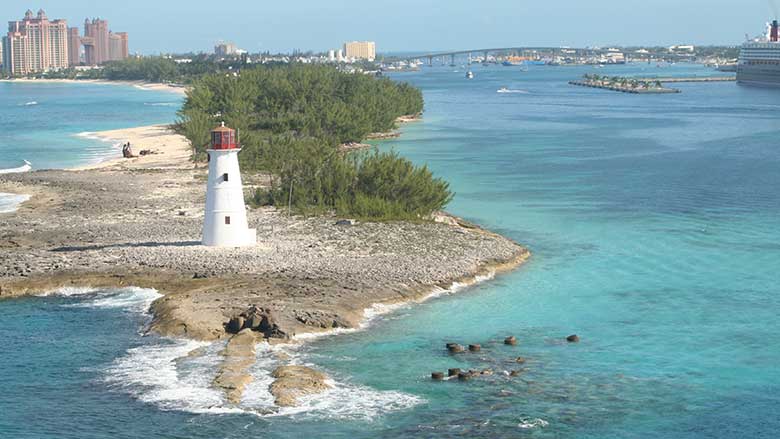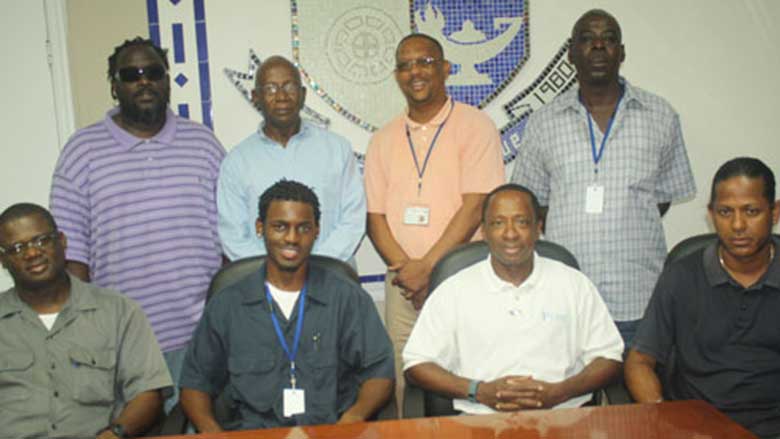Challenge
The Bahamas, like many other island countries, was a low-volume consumer of chlorofluorocarbons (CFCs). CFCs, ozone depleting substances (ODS) with high global warming potential, are used, inter alia, in refrigeration and air-conditioning. In 2000, the government of the Bahamas realized it faced a challenge to achieving the necessary reductions in CFC consumption to meet levels mandated by the Montreal Protocol, particularly given its CFC consumption to service domestic refrigerators, commercial and industrial refrigeration equipment, and, especially, mobile air-conditioning (MAC) in vehicles. High prices for alternative refrigerants and existing CFC-using equipment inventories encouraged ongoing CFC demand, and the movement toward a global phase-out of CFCs by 2010 encouraged stockpiling. Consequently, CFC consumption was 12 percent higher than the average level of the protocol-defined baseline for the Bahamas. In addition, the government was concerned that the Bahamas might become a potential dumping site for unwanted CFCs and outdated CFC-using equipment as other countries in the region phased out their use.
Approach
The government of Bahamas requested the World Bank’s support in developing an ODS/CFC Terminal Phase-out Management Plan (TPMP) to help the country adhere to its phase-out objectives and to help steer the implementation of an accelerated phase-out schedule. The Bank, an Implementing Agency for the project’s design, was the only agency with relevant experience in developing programmatic approaches for sustainable ODS phase-out, structured on providing coordinated technical assistance, investment activities, and strategic policy interventions. The TPMP used a flexible “umbrella project” concept permitting absorption of new subprojects in line with time-bound country and protocol priorities and predicated on a performance-based approach covering policy actions, management, technical assistance, and phase-out efforts. With the support of technical experts familiar with the sectors at issue, a robust pipeline of subprojects was developed across priority sectors.



